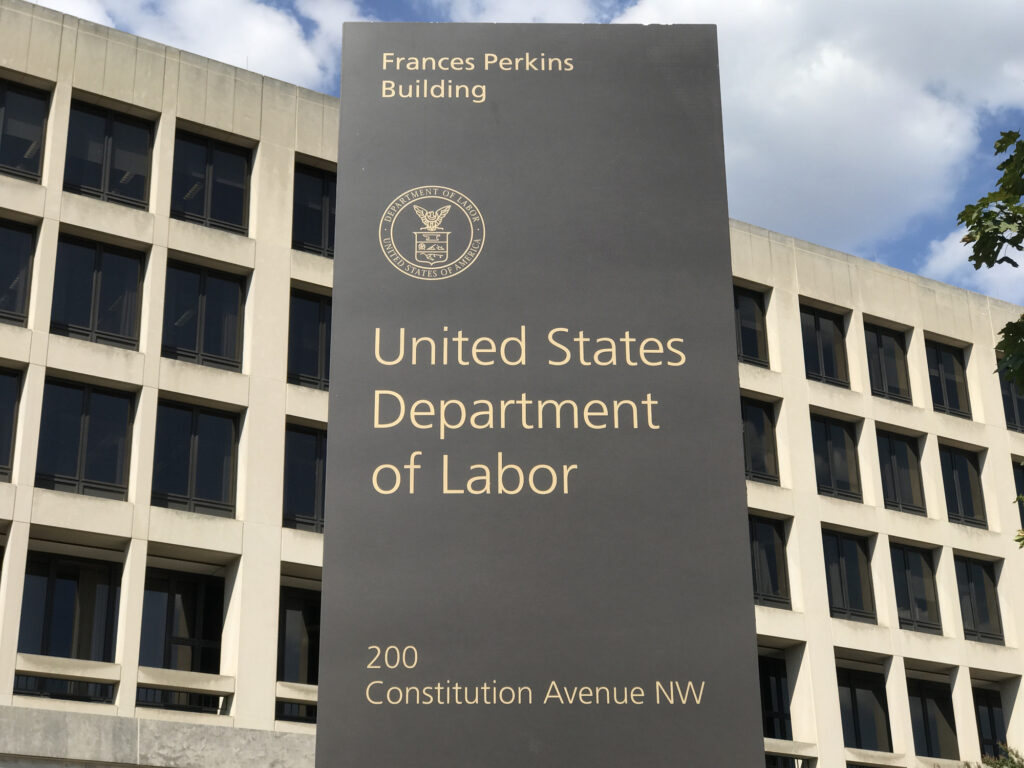
Department of Labor Clarifies Scope of FLSA’s Administrative Exemption
The federal Fair Labor Standards Act (“FLSA”) codifies the employment relationship as it relates to the payment of wages. The amount of overtime compensation for salaried employees is subject to certain exemptions, one of which relates to employees who qualify as administrative employees.
The FLSA exempts certain administrative, executive, and professional employees from its minimum wage and overtime payment requirements so long as certain conditions are met, such as the employee must be compensated on a salary or fee basis at no less than the established salary level.
An exempt administrative employee’s primary duty must satisfy three (3) requirements.
- His or her primary duty must be performing office or non-manual work.
- The primary duty must include the exercise of discretion and independent judgment concerning matters of significance.
- The primary duty must directly relate to the management or general business operations of the employer or the employer’s customers.
The United States Department of Labor (“DOL”) administers the FLSA and, in that capacity, issues opinion letters which serve to clarify its provisions. On June 25, 2020, the DOL issued FLSA 2020-9, which addressed an inquiry regarding whether specific emergency-management coordinators employed by a county governmental agency qualify for the administrative exemption from overtime compensation. In providing its analysis, the DOL ultimately determined that the employees’ status was unclear because the agency had not clarified which of the coordinators’ duties was the primary duty.
As indicated above, the administrative exemption from overtime compensation requires that the employee have a primary duty, described in the opinion letter as the principal, main, major, or most important duty the employee performs.
Determining which duties are primary depends upon the following:
- The relative importance of the employee’s exempt versus nonexempt duties
- Amount of time spent performing exempt work
- Employee’s relative freedom from direct supervision
- Employee’s salary as compared to the wages paid to other employees for the kind of nonexempt work performed by the employee.
The agency employees at issue in the opinion letter had a lengthy job description containing a long list of duties, including planning and business management duties, government relations duties, public-facing duties, and volunteer and grant writing duties.
DOL Opinion Letter
In its review of the proffered job description, the DOL noted that some of the coordinators’ duties appeared to involve the government agency’s management and general business operations, some involve the government’s day-to-day operations, and some duties depend upon the circumstances of how and when they are exercised and precisely what those duties entail. As the agency had not provided any details regarding which of the list of duties were considered primary, the DOL determined that it could not render a definitive opinion as to whether the employees qualified as administratively exempt from the FLSA overtime rules.
Interestingly, the DOL opinion letter did not delve into the discretion and independent judgment standard, which is generally one of the most difficult determinations about an employee’s status. It stated only that this evaluation typically looks to the scope of the employee’s work and the manner in which the employee performs it. Further, the opinion letter did not focus on whether there might be distinctions between production and staff functions which might serve to flesh out the evaluation of whether the employees are merely carrying out job functions, which would be nonexempt work, or are managing or determining the overall course of action of the business or the department, which would qualify as exempt work. Such an evaluation needs to be conducted before a determination can be made as to whether an employee’s exempt job duties constitute primary functions qualifying for the administrative exemption.
Key Takeaway for Employers
The main takeaway from this opinion letter is the importance of clarifying in an employee’s job description which functions constitute primary job duties. It is also worthy of note that the DOL opined that the use of the word “coordinator” in describing an employee’s duties provides little or no clarity regarding whether the employee possesses the requisite amount of discretion and independent judgment to satisfy the administrative exemption.
If you have questions about this opinion letter or any other employment-related matter, please call Connie Carrigan at (919) 250-2119 or e-mail her at ccarrigan@smithdebnamlaw.com.

